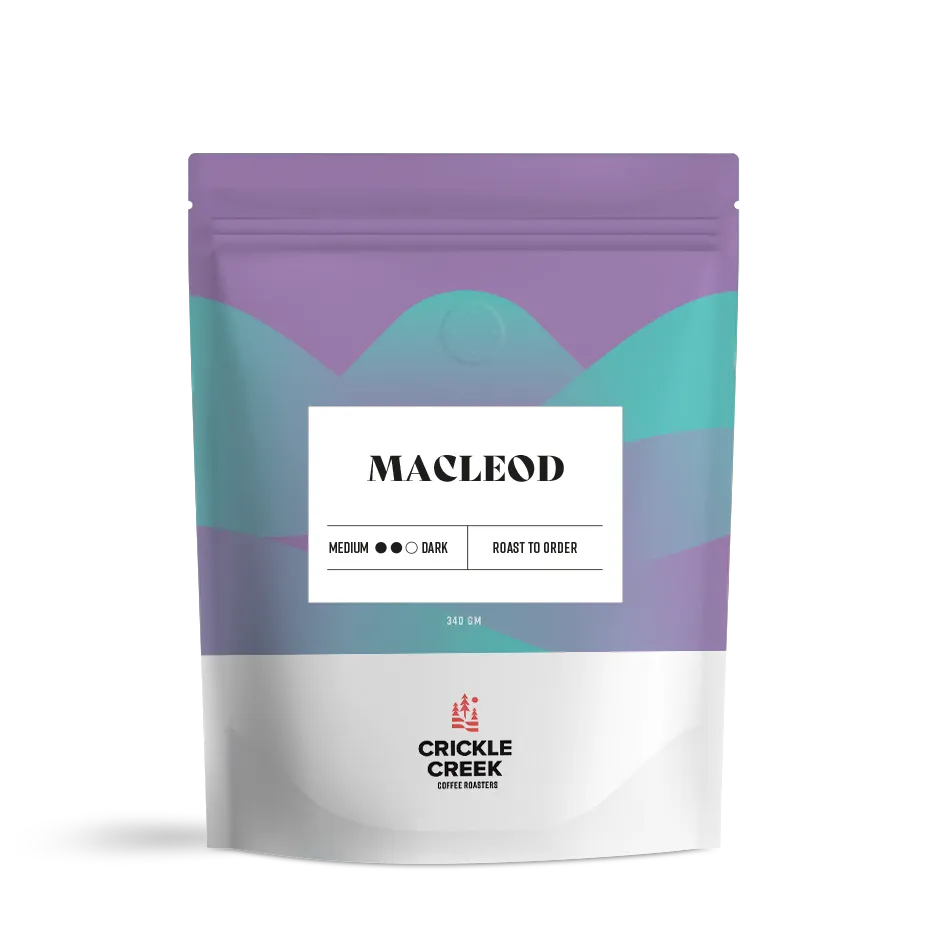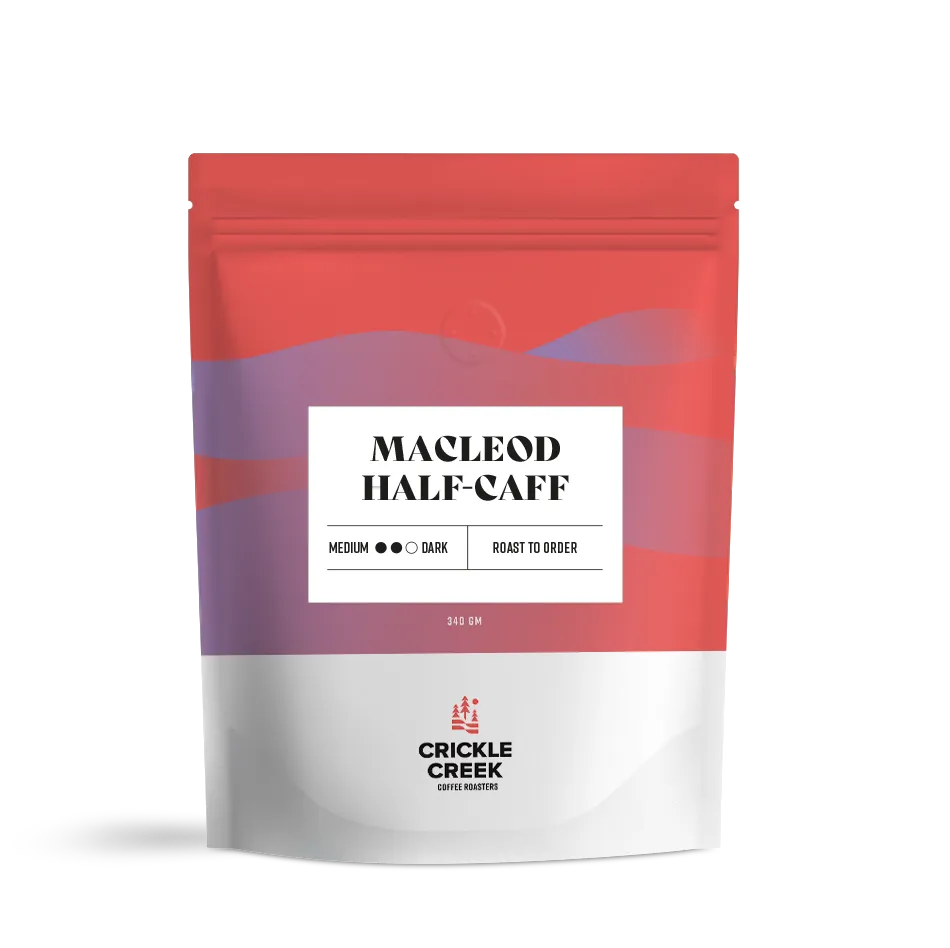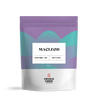

Learn How To Choose Your Grind
| Coarse | Medium Coarse | Medium | Medium Fine | Fine | |
|---|---|---|---|---|---|
| Percolator | |||||
| French Press | |||||
| Chemex | |||||
| Clever Dripper | |||||
| Drip | |||||
| Flatt Bottom Pour Overs | |||||
| Cone Pour Overs | |||||
| Aeropress | |||||
| Espresso | |||||
| Moka Pot |
In general, brewing methods with shorter water contact times, such as espresso or moka pot, require a finer grind size. Conversely, longer and slower brewing methods, like french press or percolator, are best suited to a coarser grind.
Understanding Grind Size
Grind size affects how quickly water extracts flavor from the coffee grounds. Here's a breakdown of different grind sizes and their impact:
Fine Grind: More surface area is explosed, leading to higher extraction rates.
Coarse Grind: Less surface area is exposed, resulting in slower extraction.
Shorter brew time = finer grind
Longer brew time = coarser grind
Roast Level: Darker roasts require a coarser grind due to their degraded cellular structure, making them more soluble. Light roasts need a finer grind.
Key Takeaways
- In case you are grinding it at home, use a burr grinder for consistent grind size.
- Darker roasts = coarser grind; lighter roasts = finer grind.
- Higher elevation coffees generally need a finer grind.
- Adjust grind size based on your brewing method and taste preferences.
- Mastering grind size is crucial for perfecting your coffee brewing. Experiment with different settings, keep a brewing diary, and enjoy the journey to discovering your ideal cup of coffee.


